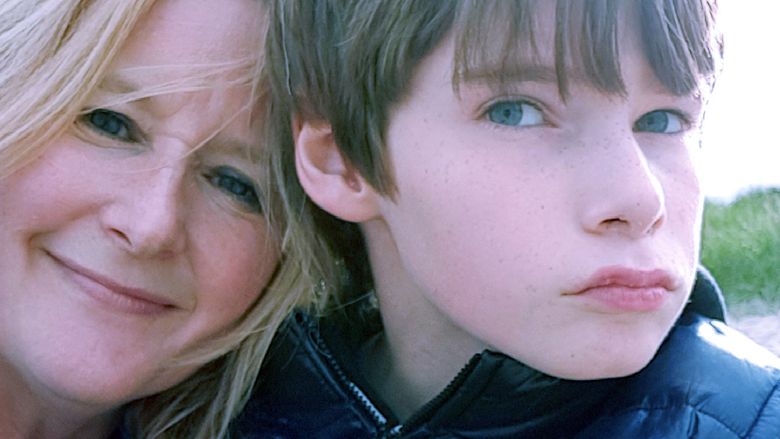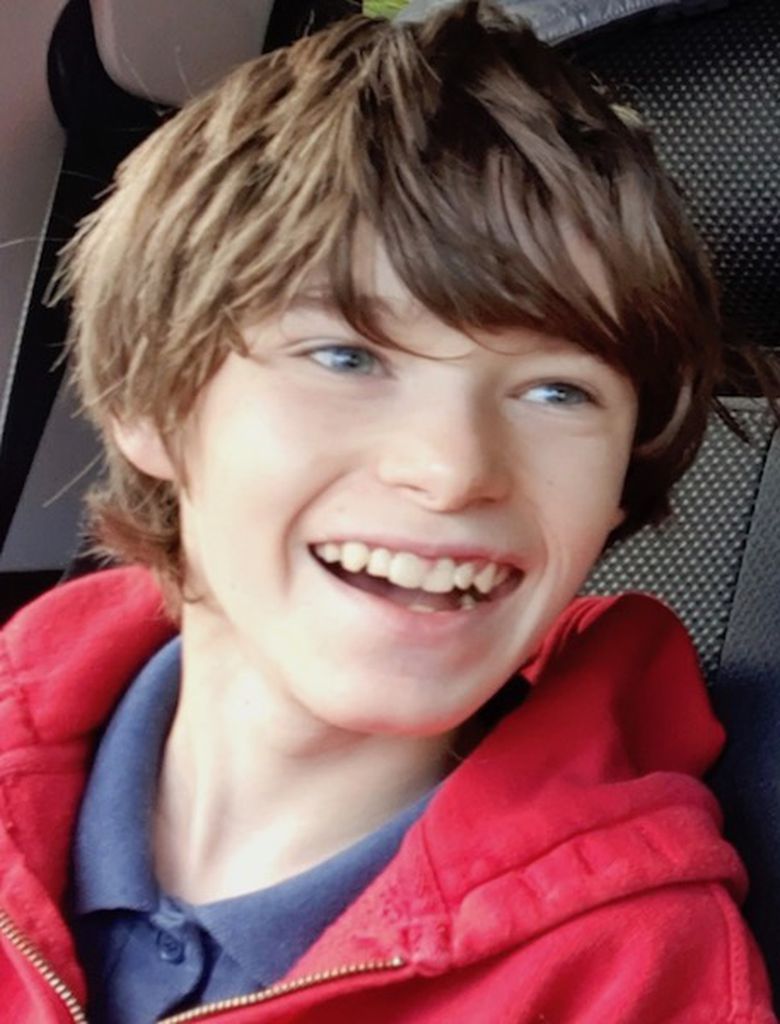Harley
Hi, I am Dawn Paterson and one of the Founder Trustees of Dravet Syndrome UK. I live just outside Chester in a small village with my daughter Hannah and my son Harley.
The start of Harley’s Dravet Journey
Harley’s first seizure happened on a first family holiday in France in November 2005, when Harley was just a baby. At the time the seizure was thought to be febrile as Harley was suffering with a cold and had just had his first jabs. We returned to the UK but a couple of weeks later Harley had another seizure and so our journey began.
Harley was diagnosed with a deletion in the pore forming area of the SCN1A gene in January 2007. The delay in diagnosis meant that Harley was initially prescribed two drugs, Carbamazepine, lamotrigine which are now known to aggravate the condition.
Seizure profile
Harley‘s seizures types have changed a lot over the years, with various combinations of AEDs having differing impacts at various points. In his 15 years to date drugs such as stiripentol, clobazam, epilim (the magic 3), keppra, clonazepam, topiramate, zonisamide, epidiolox, epilim chromospheres, and now fenfluramine latest added to the list.
Harley’s seizure profile is lots of short seizures (less than 3 mins), a steady drip, drip flow of seizures most of his life, with very limited gaps of seizure freedom.

Having the support of other families through Dravet Syndrome UK has made a world of difference to myself over the years knowing that there are others going through similar experiences and having somewhere to rant and let it all out from time to time is of huge benefit and relief.
Treatment journey
Harley was one of the first children at Alder Hey Children’s Hospital to start the Modified Atkins Diet which he was on for 5 years from about the age of 5 years old. Initially, we did have success in reduction of seizures, but after a while the effects wore off, as is often the case with Dravet.
Harley was also on initial drug trials of Epidyolex (cannabidiol) about 5 years ago at, but he was weaned off this after about 2 years, due to it not having any major impact on his seizure control.
For the last 2.5 years Harley has been on the fenfluramine trial at Alder Hey. He’s now on the open label part where of the study, where we attend clinic for heart scans every 6 months to check for any adverse affect on the heart. So far, so good. Fenfluramine has helped take a lot of intensity away and has also reduced the number of seizures per month. Harley still has tonic clonics and tonic seizures, but thankfully nearly all absences and non-convulsive seizures, which used to be a big feature on a rolling cycle month on month, have virtually disappeared.
Harley’s is also taking zonisamide and sodium valproate (Epilim chromospheres slow release). We did have some issues with growth and weight increase at start of the fenfluramine trial. Zonisamide can also suppress appetite. We have noticed that Harley appetite has improved in the last year and he is eating better now than ever before and although very slight for his age (15 years and 27 kg, he is starting to show weight gain). We have also introduced Paedisure drinks prescribed by dietician to push up his calorie intake on days when he is less able to eat solids (because of seizures or tiredness ).
Overall, we have definitely noticed a more alert and brighter little boy and a developing teenager attitude!! Lol.
Harley’s comorbidities
Harley’s other co-morbidities common in Dravet include prolapsed ankles, issues with temperature regulation and he also has a diagnosis of autism. He is mobile and uses wheelchair occasionally when tired. He displays repetitive behaviours - he likes posting items in the washing machine and loves to watch it in spin cycle. We call it “HARLEY TV”.
Harley loves the outdoors and we go lots walks in wood with Buddy his dog and Harley attends weekly equine therapy which has been an amazing experience for him to take part in. It really brings a huge smile to his face, and he loves trotting.
Harley has a few single words and communicates through his eyes, expression, sounds and leading adults to what he wants. One of my worries is the difficulty for Harley telling us if he has pain anywhere that is not obvious as he cannot speak or tell us where the pain is or how bad it is.
Education and transitioning to adulthood
Harley is currently at a special school in Chester and we will be starting his transition to adulthood soon as he is 16 in June 2021.
Harley gets access to rebound therapy, music therapy, hydrotherapy through school which is great for him. I seem to spend a lot of my time meetings with social, health and education professionals sorting out direct payments, respite support and fighting always to make sure that Harley’s needs are met. This is still the hard part for any parent, to ensure that our children needs are met.
Harley is such a fun-loving, affectionate and sociable little boy who knows what he wants. He adores his sister Hannah, and she is very protective of him. Our hope is that Harley will have same equal opportunities as his sister to be educated, have fun, take part in activities that encourage social interactions and where he is safe and most of all be happy. It is also important to remember that as main carer I need to look after me too - its so easy to forget yourself along the way!

